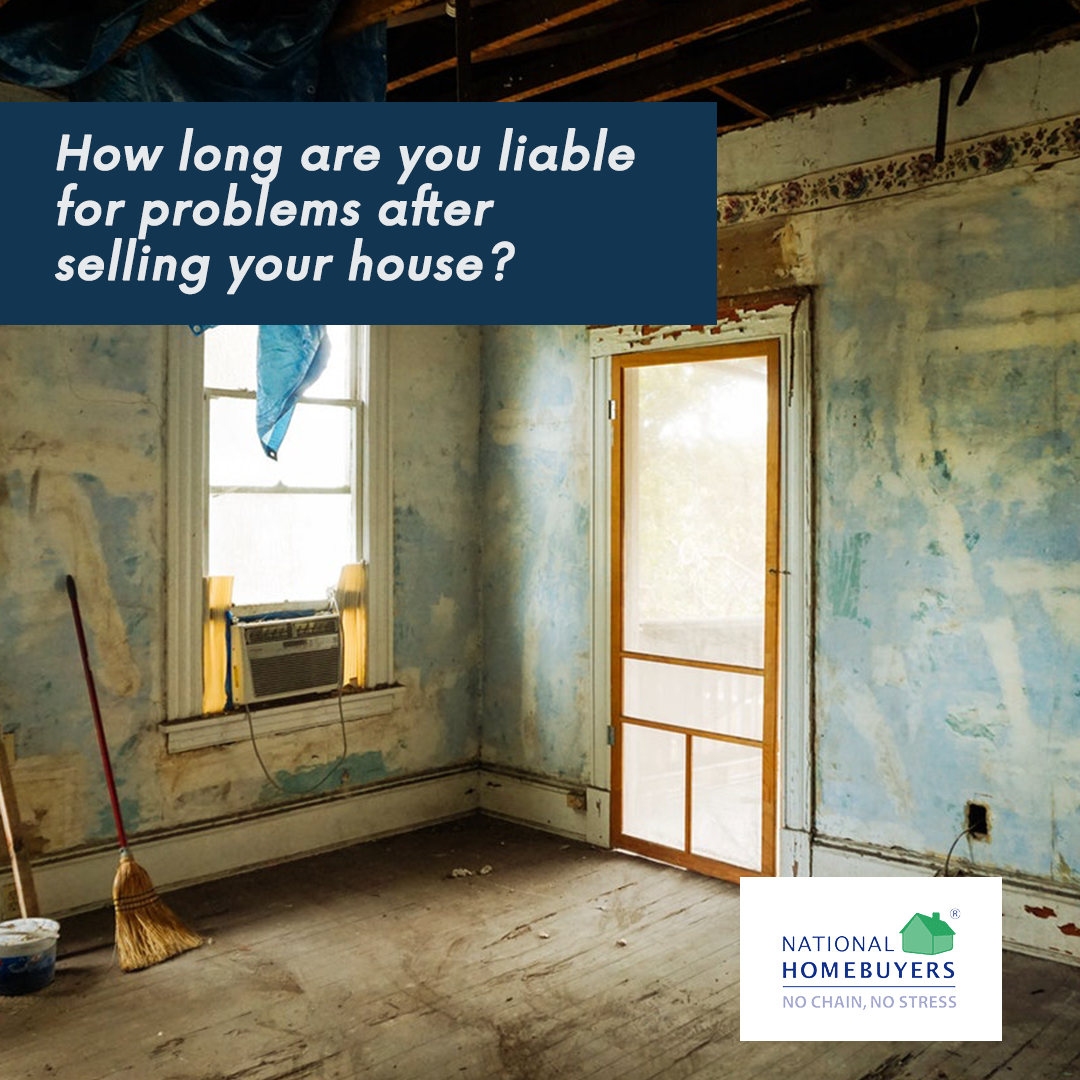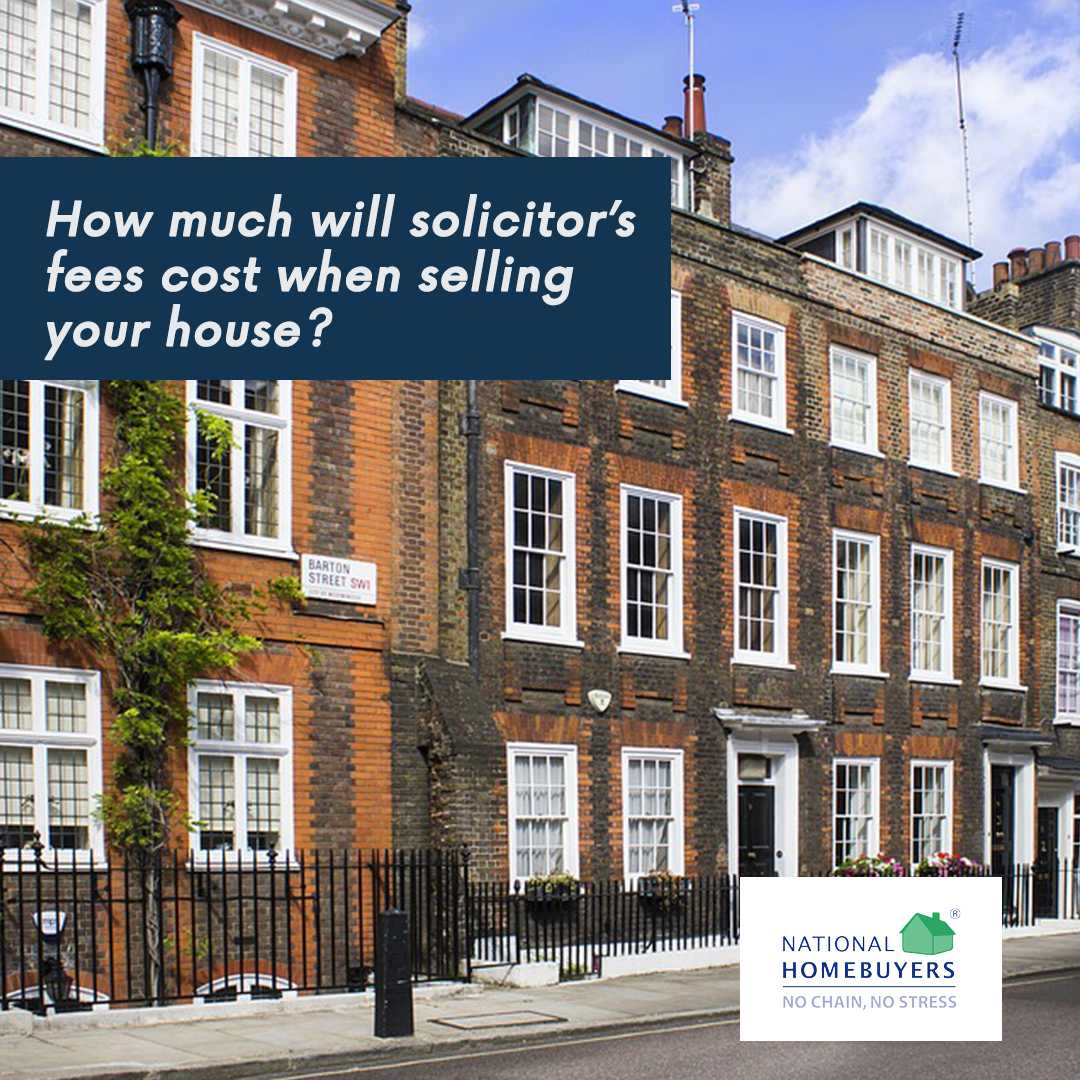House Prices May Be Rising But Can You Really Afford To Move?
The media is full of news that the UK housing market is improving; more houses are selling and house prices are now starting to increase in some regions, which is largely thanks to the government’s Help to Buy scheme. You may be tempted to upsize and move up the property ladder, but it is important not to forget all of the other costs involved in buying and selling a house and actually moving. Here is a rough breakdown of the costs you may incur when moving:
Estate Agents Fees
The best way to sell a property for the highest price is to use an estate agent who knows the local market, but their fees can vary from 1% – 3% + VAT, which means that on the sale of a property worth £250,000 you could end up paying a commission of £9,000. Always try to negotiate estate agents fees; in many cases they will actually be willing to reduce their fees to gain an instruction. If you live in Scotland then you will have to pay for a Home Report before selling on the open market, which can cost you up to £1000.
Legal Fees
The legal fees for selling a property are slightly less than for buying, and they do vary by region, but you will face fees of up to £800 for the sale of your property. Don’t forget that if you are buying another property you will need to cover the costs of conveyancing for that as well, which will be higher than the sale. The solicitor’s fees for buying a property, depending on the region, can exceed £1000 and you will also have to pay stamp duty, which will vary depending on the property value. The stamp duty for a property worth £300,000 is 3%, which would leave you with a tax bill of £9,000!
Mortgage Fees
You may incur early repayment fees from your mortgage company, this is more likely if you have a fixed term mortgage or have received a special rate, but you should check with your lender as to what the cost of repayment will be. If you take out another mortgage with the same lender, they may waive the repayment fees for you.
If you are re-mortgaging with a new lender, your old mortgage company may charge you to release the deeds, this could be anything from £125-£300. Your new lender will also require a survey, which you will have to pay for, which can cost anything from £99 to £1000.
Moving Costs
It is likely that you will need a removals firm to help you move your belongings; it is normal to complete on your new purchase on the same day as your sale completes, so you will need to move your entire house full of belongings on one day! The cost of removals can vary dramatically, but you are looking at around £1000 to move your belongings.
All in all, moving house could cost you in the region of £20,000 on top of the price of your new home, so it is important that you consider the true cost of moving before you put your house on the market. If you are in the position whereby you have to move, then there are ways of reducing the cost of moving house. You can find companies like UK property buyers National Homebuyers who can appoint a solicitor for you, offering a fixed-fee service for competitive rates. You should always try to negotiate fees with estate agents, mortgage companies and removals firms to try and get the best possible deal.





